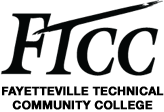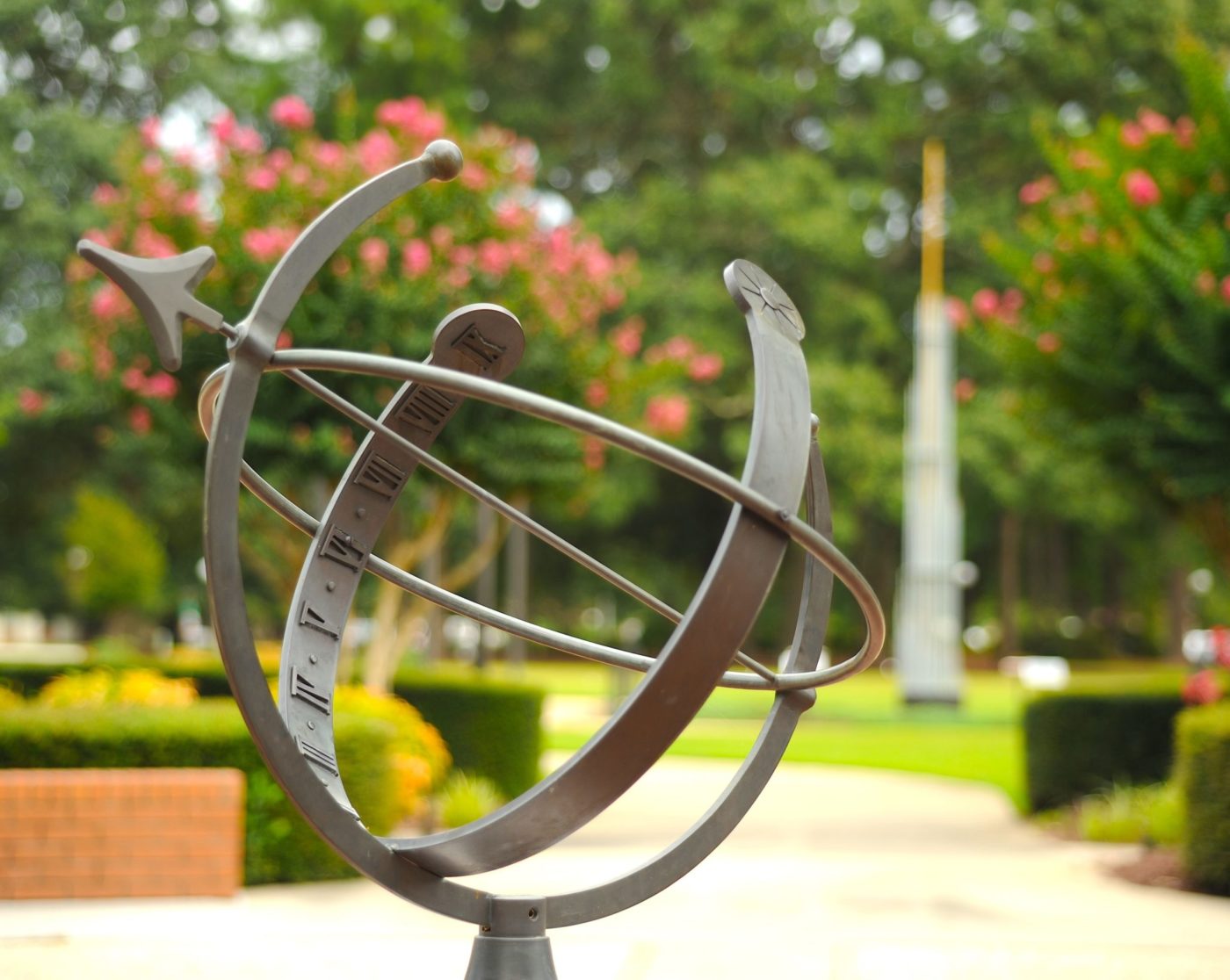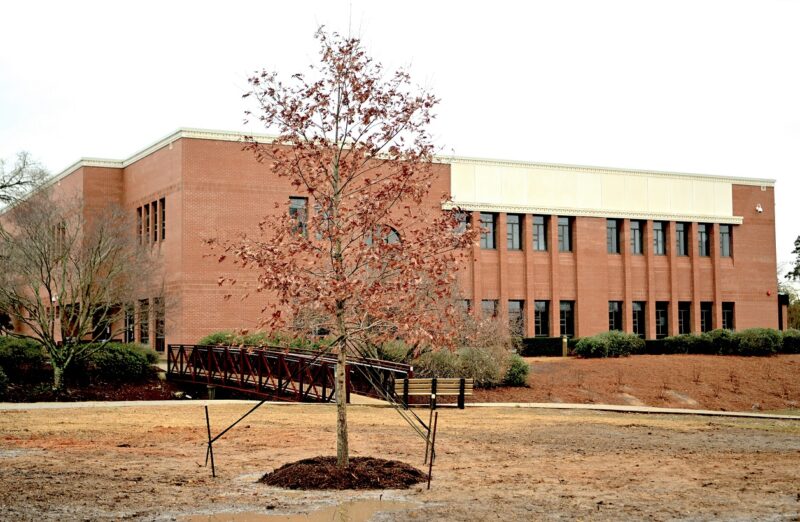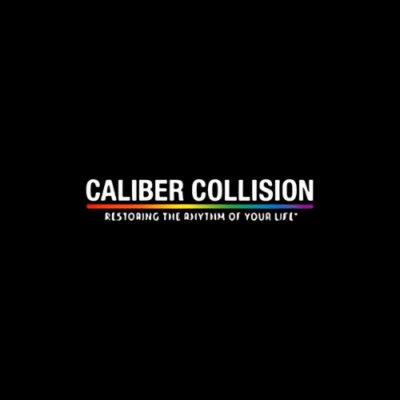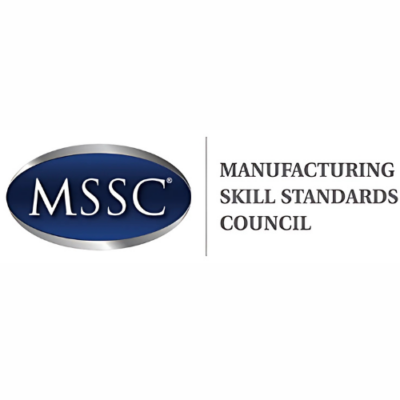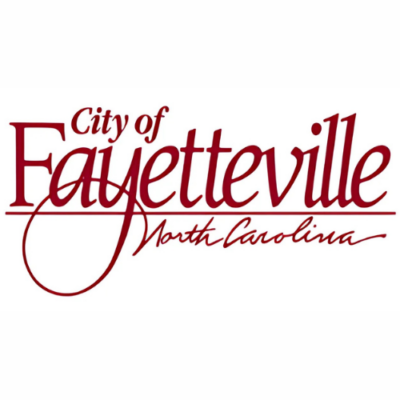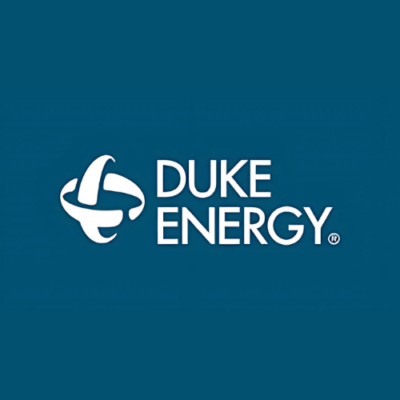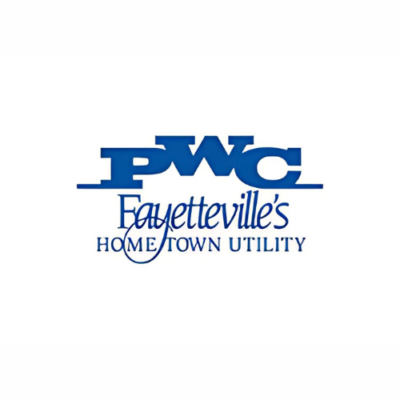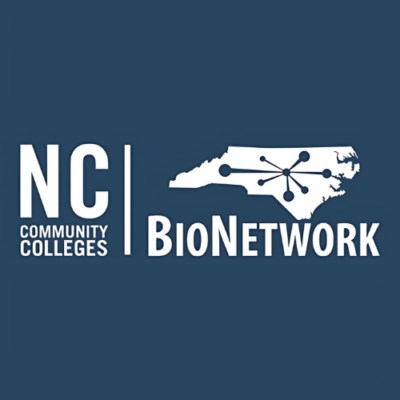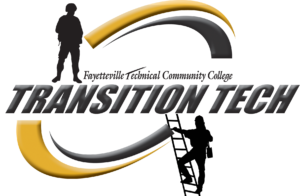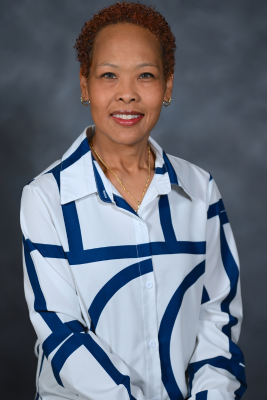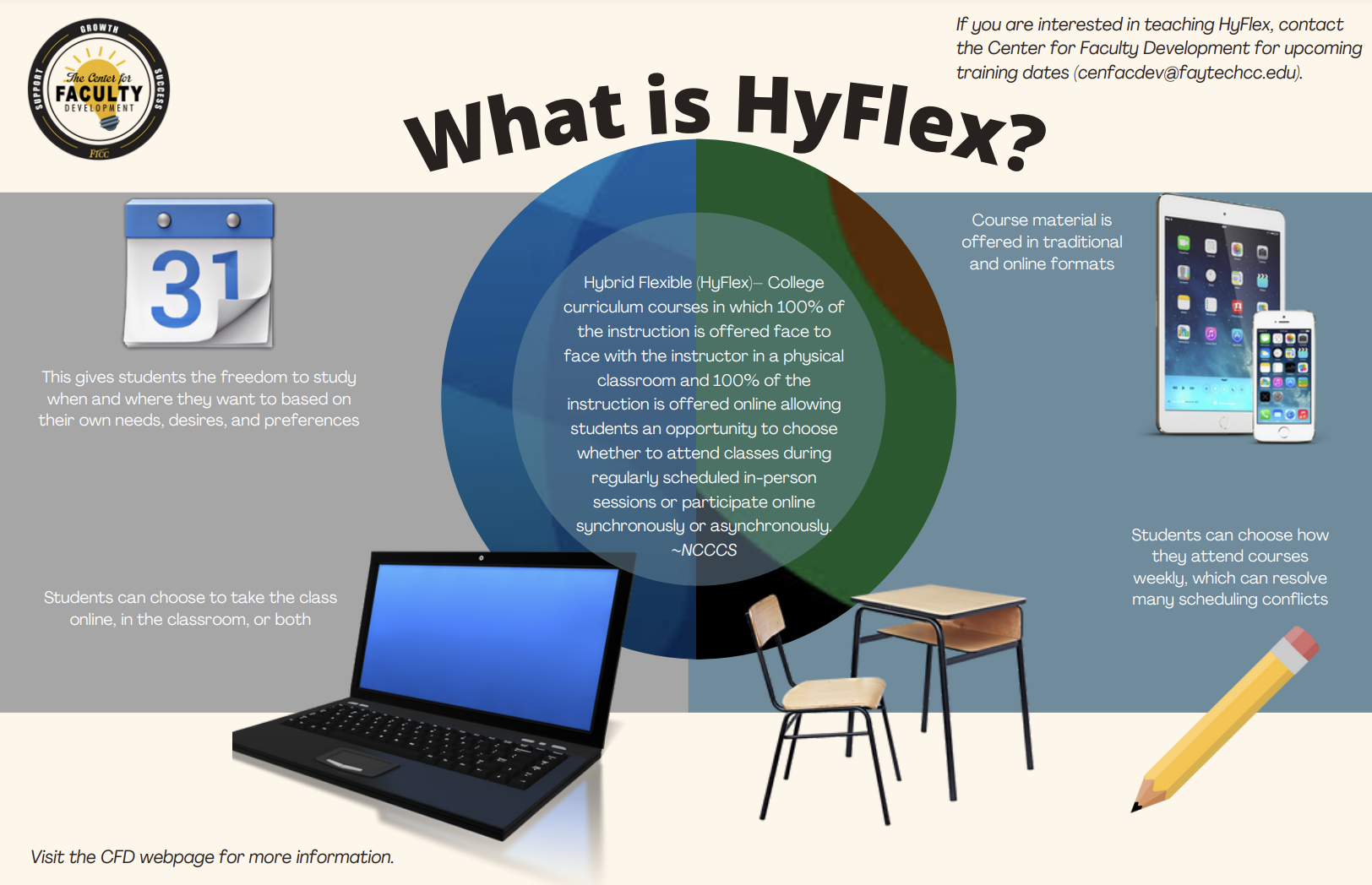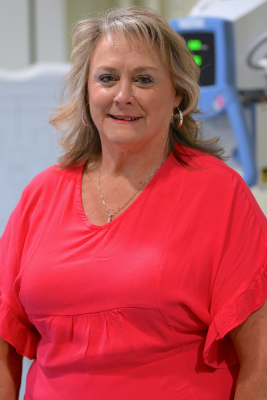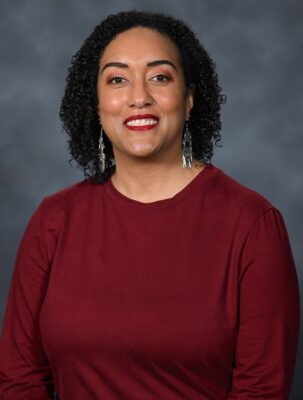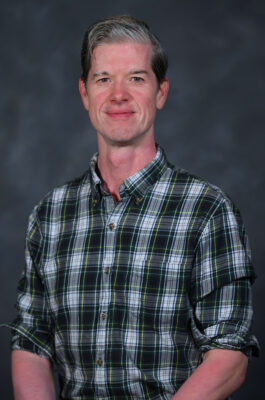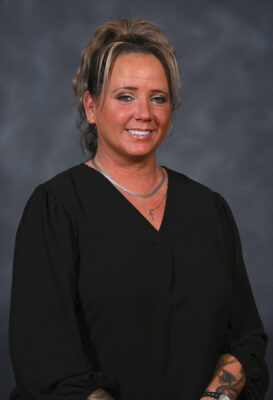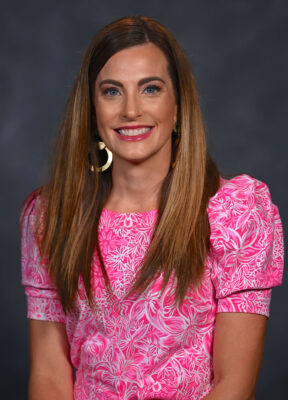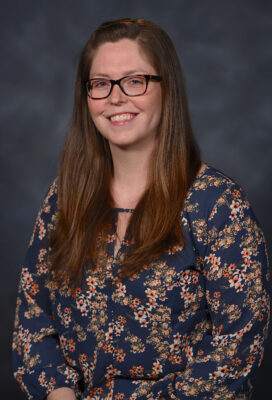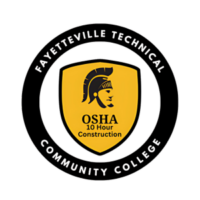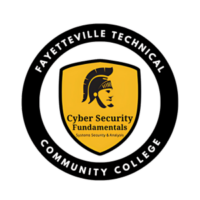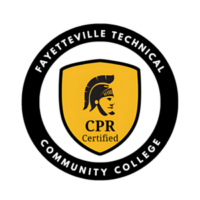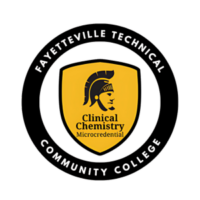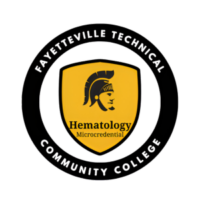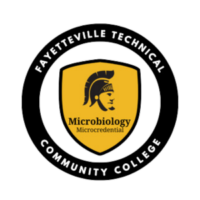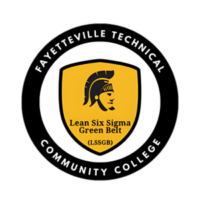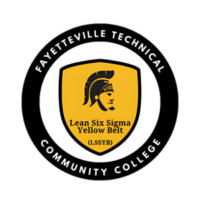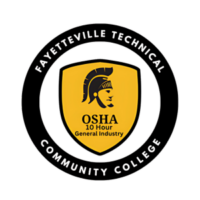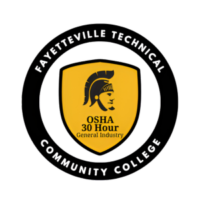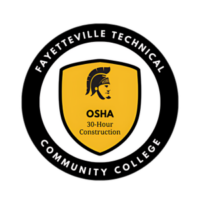The mission of the Radiography Program is to provide an allied health curriculum that is supportive in achieving individual student goals as well as professional patient-centered care within the community. To improve the educational base of radiologic science, the curriculum supports the development of professional ethics, communication, problem-solving, and critical thinking skills. The curriculum awards an associate degree.
Radiography Program Overview:
Program Goals
|
Program Outcomes
|
Accreditation
The Fayetteville Technical Community College Radiography Program is accredited by the Joint Review Committee on Education in Radiologic Technology.
20 Wacker Drive, Suite 2850
Chicago, Illinois 60606-3182
(312) 704-5300
Email: mail@jrcert.org
The program’s current award is 8 years. General program accreditation information and current award letter can be found here (link to JRCERT accreditation award).
Advisee Handbook |
Radiography Advisee Information Session |
Competitive AdmissionsA student must complete all prerequisites and gain competitive points in order to apply for approval to the Radiography program. Once approved for a Health program, students will be provided with information regarding books, uniforms, supplies and equipment, and any additional program requirements. |
Competitive PointsAs part of the competitive admissions process, each student is evaluated based on a point system. The Competitive Points Worksheet outlines the new points process for the Radiography Program. The new worksheet is effective Fall 2024. |
Estimated Program Costs
Please note that all costs are estimates and subject to change. Tuition is established by the State Board of Community Colleges and North Carolina General Assembly and is subject to change without notice.
Program Effectiveness Data
JRCERT Information
For more information regarding program effectiveness data visit the JRCERT website.
The Annual Job Placement rate is calculated using the 12-month post-graduation data for employment.
The job placement rate is defined as the number of graduates employed in radiologic sciences compared to the number of graduates actively seeking employment in the radiologic sciences.
The JRCERT has defined not actively seeking employment as:
- Graduate fails to communicate with program officials regarding employment status after multiple attempts,
- Graduate is unwilling to seek employment that requires relocation,
- Graduate is unwilling to accept employment due to salary or hours,
- Graduate is on active military duty, and/or
- Graduate is continuing education.
What to Expect:
Course Work
Course work includes clinical rotations to area health care facilities, radiographic exposure, image processing, radiographic procedures, physics, pathology, patient care and management, radiation protection, quality assurance, anatomy and physiology, and radiobiology.
Radiography students will attend clinical rotations that are geographically disbursed and can be both day or evening hours each semester.
Career Paths
Graduates may be eligible to apply to take the American Registry of Radiologic Technologists’ national examination for certification and registration as medical radiographers. Graduates may be employed in hospitals, clinics, physicians offices, medical laboratories, governmental agencies, and industry.
Fact Sheet for Radiography’s Associate, Diploma & Certificate Programs
Would you like to enroll? Contact an Admissions Counselor for assistance or Apply Now!
Associate Degree
Radiography (A45700)
Program Length: 5 Semesters
Prerequisite: High School Diploma/GED, 1 Unit of Biology, 1 Unit of Chemistry, ENG-025 and MAT-025 or Placement Test Equivalent
Award: Associate in Applied Science
The Radiography Program is designed to meet the educational requirements for the American Registry of Radiologic Technologists national certification in Radiography. Please see the disclosure chart for information regarding the American Registry of Radiologic Technologists national certification in Radiography in other states.
